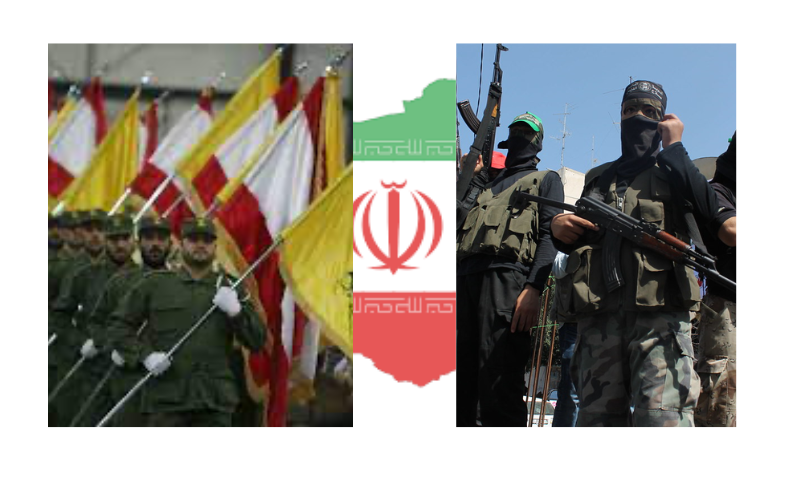David Schenker
Washington Institute, Oct. 23, 2023
“If the Israeli operations go well, Iran could seek to broaden the conflict. If they go badly, it may look to exploit perceived weakness. It is also possible that the leaders in Tehran choose instead to limit the conflict, preserving their proxies’ capabilities to deter Israel from attacking Iran itself.”
A key element of the Biden administration’s response to the war in Gaza has been the deployment of significant forces to the Middle East. So far America has dispatched, among other assets, two aircraft-carrier groups, their associated guided-missile destroyers and a Marine Corps expeditionary unit capable of conducting amphibious operations. According to America’s defence department, this armada is intended as “a strong signal of deterrence to any actors who might be thinking of entering the conflict”, an oblique reference to Iran and its regional proxy forces.
America’s display of force in the Mediterranean is impressive, to be sure—and there is more to come: the Pentagon says it will send a THAAD air-defence missile system and Patriot missile battalions to the region. But it remains unclear whether this muscle-flexing is actually curbing the involvement of other actors, or will prevent the war from spreading. For America’s deterrent threat to be credible, it will have to act decisively against emerging provocations.
Since the war started, Iran’s Lebanese proxy militia, Hizbullah, has been engaged in a calculated campaign of escalation along Israel’s northern border. The group has targeted Israel Defence Forces (IDF) positions with anti-tank missiles, disabled observation posts, attempted border infiltrations, and allowed if not encouraged Hamas and other Iranian-backed groups to fire rockets across the frontier.
… [To read the full article, click here]


